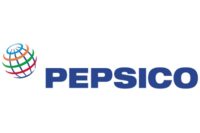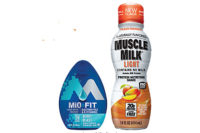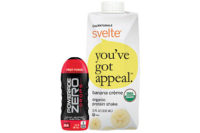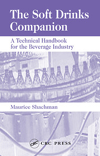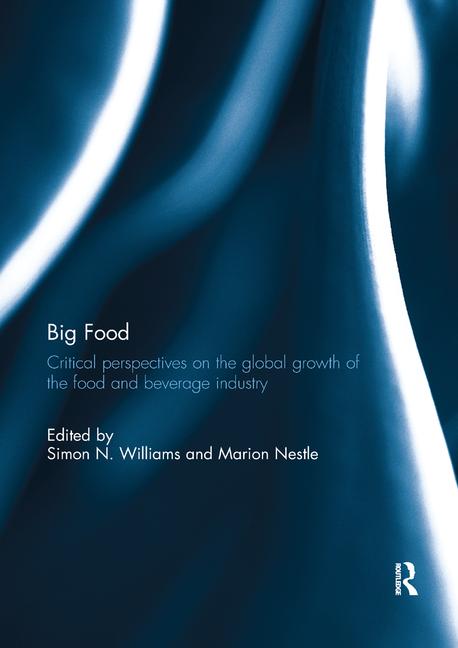Sports and protein drinks are transitioning from being separate categories into one overall sports performance market, experts say. Richard Haffner, global head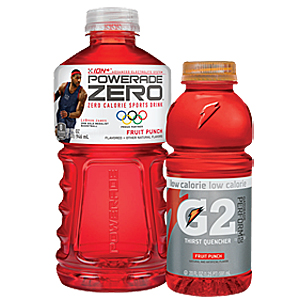 of beverages research for Chicago-based market research firm Euromonitor International, told Beverage Industry in its May issue that formulations based on performance need-states are driving the evolution. The category has seen development of products that target serious or casual athletes as well as beverages formulated around exercise occasions, Haffner said.
of beverages research for Chicago-based market research firm Euromonitor International, told Beverage Industry in its May issue that formulations based on performance need-states are driving the evolution. The category has seen development of products that target serious or casual athletes as well as beverages formulated around exercise occasions, Haffner said.
Sales of non-aseptic sports drinks increased 6.8 percent to more than $4 billion for the 52 weeks ending April 15 in supermarkets, drug stores, gas and convenience stores and mass merchandise retailers, excluding Walmart, club and liquor stores, according to Chicago-based market research firm SymphonyIRI Group.
Purchase, N.Y.-based PepsiCo’s Gatorade brand led the category with six products appearing on SymphonyIRI’s Top 10 list. Gatorade Perform topped the category with
50 percent market share and $2 billion in sales in SymphonyIRI’s measured channels for the 52 weeks ending April 15.
Part of Gatorade’s rebranding in 2010 included the development of ready-to-drink (RTD) Gatorade Recover, which contains protein for muscle replenishment and is the third step in the G Series and G Series Pro lineups. Gatorade Recover’s sales accounted for
$28 million for the 52 weeks ending April 15 in measured channels, according to SymphonyIRI.
RTD protein drinks have a built-in market compared to the bulk protein powders that are typically associated with and dominate sales in the protein drinks category, said Chris Schmidt, consumer health industry analyst with Euromonitor, in Beverage Industry’s May issue. For companies such as Benicia, Calif.-based Cytosport, which markets the Muscle Milk product line, Schmidt sees the next step as capturing the health and wellness demographic with all-natural or organic RTD products.
Building on its launch of the Gatorade G Series, PepsiCo’s G Series Pro and Gatorade Fit with less sugar have broadened the brand’s consumer appeal, Euromintor’s Haffner said.
G Series Fit is lightly sweetened and contains only 20 calories in each bottle. The Perform option of G Series Fit reported nearly $3.8 million in sales in measured channels through April 15, according to SymphonyIRI data. In addition, it offers Gatorade Natural, which is formulated with sea salt, natural fruit flavors and sweeteners.
Coconut water could see growing opportunities as a natural alternative to sports drinks, experts suggest. However, Euromonitor’s Haffner said in Beverage Industry’s May issue that although coconut water has a lot of the isotonic properties of a sports drink, he’s not sure how it would perform in the mainstream category.
Also capturing consumer attention with four brand entries on SymphonyIRI’s Top 10 sports drinks list is The Coca-Cola Co.’s Powerade brand. Its Powerade Ion4 takes the No. 2 spot on SymphonyIRI’s list with $666.5 million in sales in measured channels for the 52 weeks ending April 15. The company’s Powerade Zero Ion4 reported four-digit increases resulting in $31.5 million in sales in food, drug and mass merchandise retailers excluding Walmart in the same time period, according to SymphonyIRI data. BI


